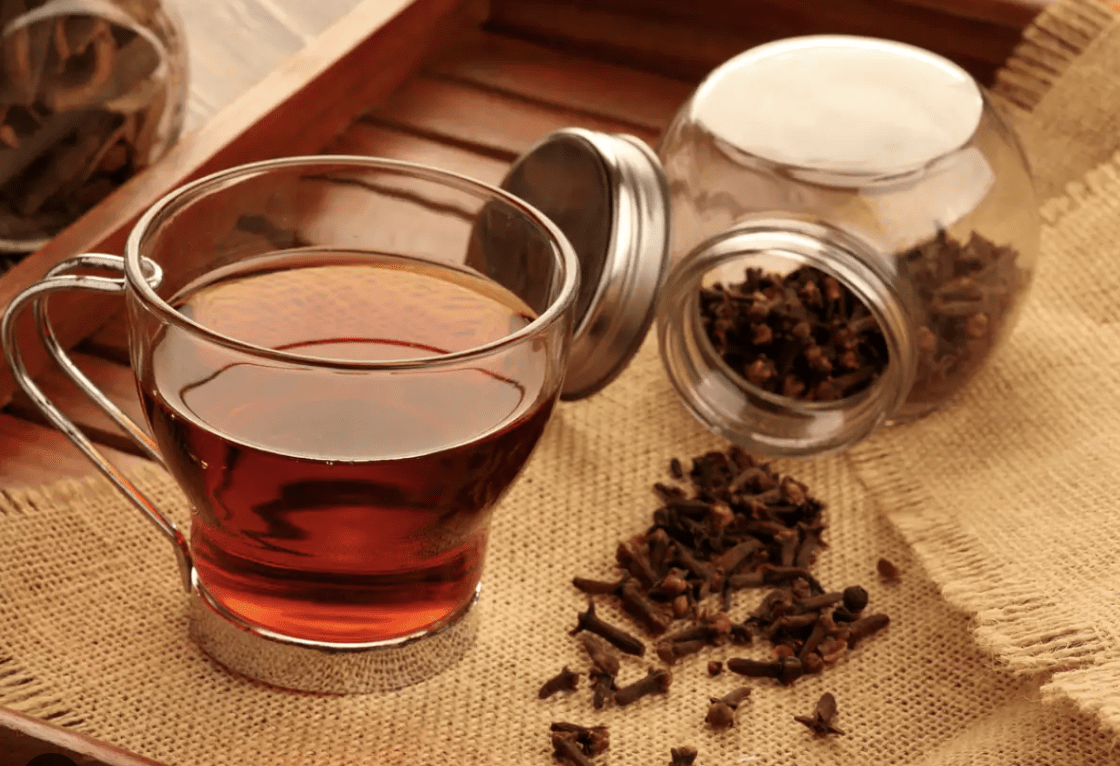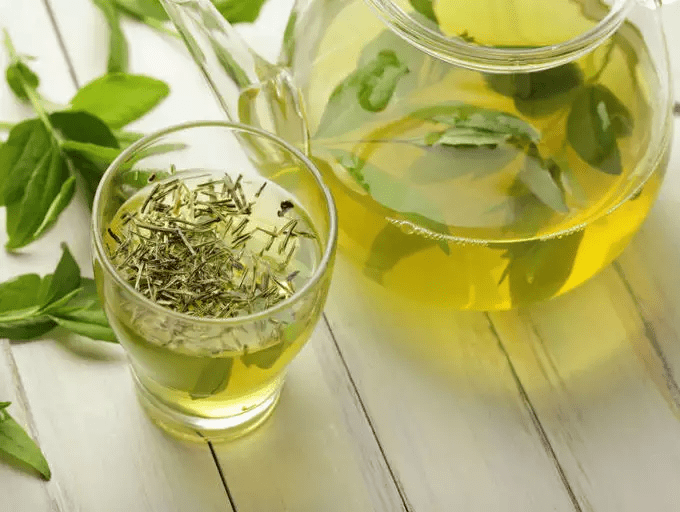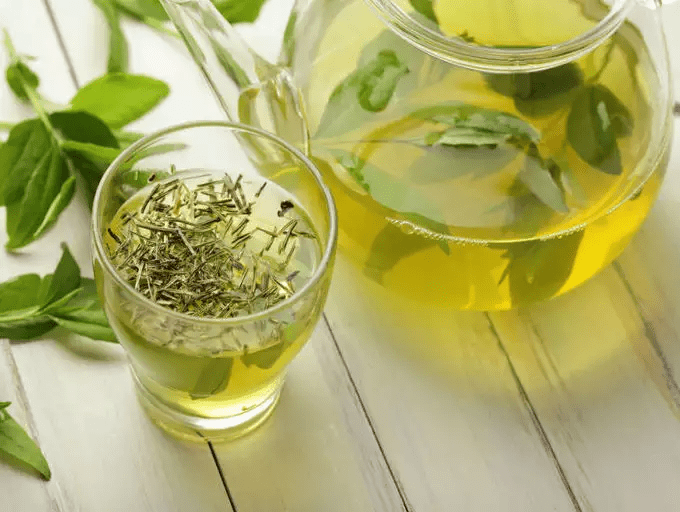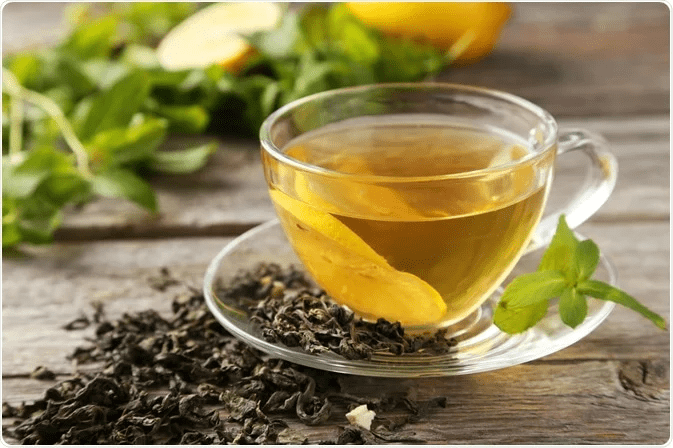Tea has been enjoyed for centuries as a soothing and refreshing beverage. But did you know it may also help lower blood pressure and reduce the risk of heart disease? This article will explore the tea diet and its potential health benefits.
What is the Tea Diet?

The tea diet involves drinking several cups of tea daily, along with a healthy diet and exercise routine. Many different types of tea can be included in the diet, including green, black, white, and herbal tea. Each type of tea has unique health benefits, but they all contain antioxidants and other beneficial compounds that can help promote health and reduce the risk of chronic diseases.
How Does Tea Help Lower Blood Pressure?
High blood pressure is a major risk factor for heart disease, stroke, and other chronic illnesses. Drinking tea may help lower blood pressure and reduce the risk of these conditions. One way that tea may help lower blood pressure is through its antioxidant content. Antioxidants help protect the body against free radicals, which can cause oxidative stress and inflammation. This, in turn, can lead to high blood pressure and other health problems. By reducing oxidative stress, antioxidants in tea may help improve blood vessel function and lower blood pressure. Tea also contains compounds called catechins, which have been shown to benefit blood pressure. One study found that drinking green tea for 12 weeks significantly reduced blood pressure among participants with high blood pressure.
Which Types of Tea are Best for Lowering Blood Pressure?

While all types of tea contain antioxidants and other beneficial compounds, some may be more effective at lowering blood pressure than others. Green tea, in particular, has been shown to significantly affect blood pressure. One study found that drinking green tea for 12 weeks significantly reduced systolic and diastolic blood pressure. Other studies have also found that green tea may help improve blood vessel function and reduce the risk of heart disease.
Black tea and white tea may also be beneficial for lowering blood pressure. A study published in the American Journal of Clinical Nutrition found that drinking black tea for six months significantly reduced blood pressure among mildly high blood pressure participants. Similarly, a study published in the European Journal of Nutrition found that white tea may help improve blood vessel function and reduce the risk of heart disease.
Herbal teas, such as hibiscus tea, may also benefit blood pressure. One study found that drinking hibiscus tea for six weeks significantly reduced systolic and diastolic blood pressure among mildly high blood pressure participants.
Incorporating Tea into Your Diet
If you’re interested in incorporating tea into your diet to help lower blood pressure and reduce the risk of heart disease, there are several ways to do so. First, choose a variety of teas you enjoy, and aim to drink several cups daily. Green, black, white, and herbal teas are all good options. You can drink them hot or cold, and add lemon or honey for extra flavor. In addition to drinking tea, make sure to follow a healthy diet and exercise routine. Aim to eat a variety of fruits, vegetables, whole grains, and lean protein, and limit your intake of processed and high-fat foods. Exercise regularly, and aim to get at least 30 minutes of moderate-intensity daily activity.
Potential Risks and Precautions
While tea is generally safe to consume, there are some potential risks and precautions to consider. Tea contains caffeine, which can cause side effects such as insomnia, rapid heart rate, and jitteriness. Some teas may also interact with certain medications, and high levels of oxalates in tea can increase the risk of kidney stones in susceptible individuals. Therefore, it is important to consult with your healthcare provider before incorporating tea into your diet, especially if you are taking any medications or have a history of kidney stones.
Conclusion
The tea diet is a natural and effective way to lower blood pressure and reduce the risk of heart disease. It offers many health benefits and is easy to incorporate into your daily routine. However, as with any dietary change, it is important to consider the potential risks and precautions associated with consuming tea. By speaking with your healthcare provider and following these guidelines, you can safely enjoy the health benefits of tea and improve your overall well-being.






